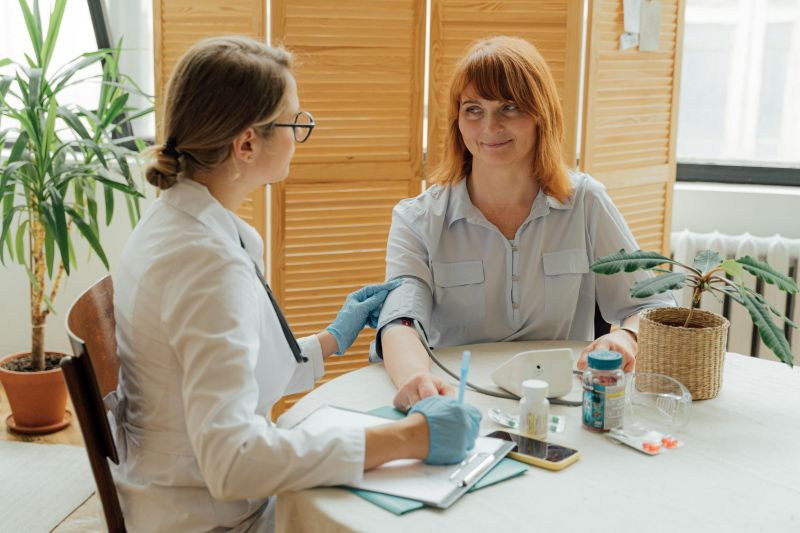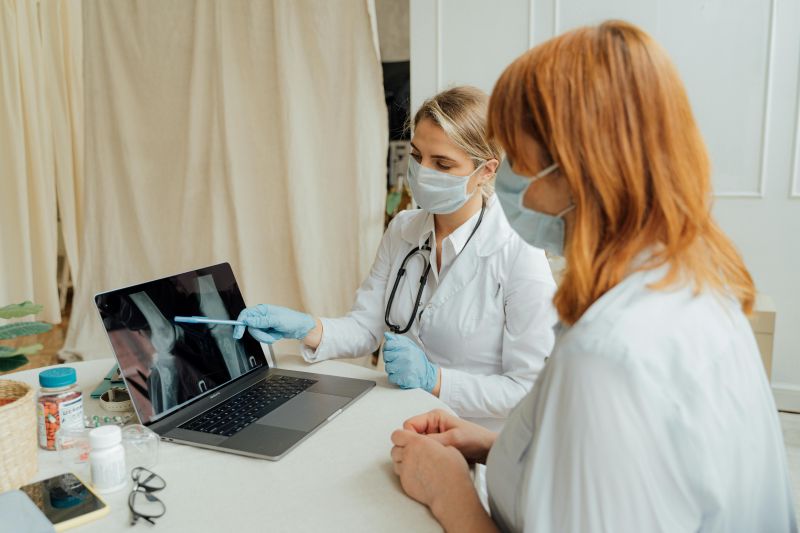When it comes to making decisions about your body, your health, and your future, it’s hard to overstate the importance of feeling safe and supported. That’s why finding a preferred women’s health clinic matters more than most people realize—especially when you’re facing a moment in life that calls for clear answers and kind care. Whether you’re in Charlotte, Raleigh, or Atlanta, the good news is that there are trusted clinics ready to help without judgment.
I once went with my best friend to A Preferred Women’s Health Center of Raleigh for a consultation. She was nervous, not just about the procedure but also about how she would be treated. But the staff made it feel less like a clinic and more like a safe conversation. That moment stayed with me. It showed me how deeply comforting the right care can be.

What Makes A Preferred Women’s Health Clinic Different?
A Preferred Women’s Health Clinic isn’t just another medical office. It’s a place where women are seen, heard, and respected. They focus on reproductive health and provide options, information, and compassion without pressure.
One thing that stands out is how calm the atmosphere feels. These clinics often provide counseling services, pregnancy testing, ultrasound exams, and abortion services. The goal isn’t to push you one way or another. It’s to give you facts and support you no matter what you decide.
Locations like A Preferred Women’s Health Center of Atlanta and A Preferred Women’s Health Center of Augusta are known for being especially welcoming. The staff are trained in trauma-informed care, which means they treat everyone gently and with respect for past experiences.
This approach is different from a general hospital or family doctor’s office, where you might not get the same level of focused care for women’s reproductive choices.
Services Offered At A Preferred Women’s Health Clinic
Most Preferred Women’s Health Centers offer the same core services, but each location adapts to the needs of the local community. That’s why A Preferred Women’s Health Clinic Charlotte might look a bit different from the one in Georgia.
Typical services include:
- Pregnancy testing: Quick, confidential, and often free.
- Ultrasounds: To confirm the stage of pregnancy.
- Abortion care: Including medication abortion (the pill) and in-clinic procedures.
- Birth control options: From pills to long-term solutions like IUDs.
- Well-woman exams: Pap smears, STI testing, and routine gynecological checkups.
- Counseling: Licensed professionals help you work through your options.
For someone living in North Carolina, A Preferred Women’s Health Center of Raleigh might be the closest option. Meanwhile, A Preferred Women’s Health Center of Augusta serves communities in Georgia where access to care can be limited.
Each clinic focuses on keeping wait times short and providing a respectful experience. Many also offer bilingual support for Spanish-speaking patients.

Why Location Matters When Choosing Care
Proximity plays a big role in choosing a preferred women’s health clinic. If you live in a city like Charlotte, access is fairly straightforward. But in more rural parts of North Carolina or Georgia, you might have to travel.
That’s where local clinics like A Preferred Women’s Health Clinic GA come in. They bridge the gap for women who don’t live near a major city. Having these clinics in multiple areas allows more women to make timely decisions about their care.
It’s also important to note that state laws vary. For example, abortion laws in Georgia have different waiting periods and rules than those in North Carolina. Clinics stay updated on these laws and help guide patients through them, which can reduce confusion and stress.
Even something as simple as knowing where to park or how long you’ll be there makes a big difference when you’re anxious. That’s why local knowledge is more than a nice-to-have—it’s part of feeling prepared.
What To Expect During Your First Visit
Your first visit to a preferred women’s health clinic can feel like a big step, especially if you’ve never had reproductive care before. Here’s a little insight into what to expect.
You’ll likely be welcomed by a receptionist who will hand you some paperwork to fill out. After that, you might speak with a counselor who will explain your options, answer questions, and make sure you feel heard.
For many, this part is the most reassuring. My friend once said, “They made me feel like a human being, not a case file.” That kind of kindness sticks.
If you’re getting an ultrasound or other test, a nurse will walk you through the steps. Everything is explained ahead of time, so you’re not left wondering. If you’re there for a procedure, the clinic staff will talk through recovery steps and offer aftercare advice.
Most visits last between one to two hours. Bring your ID, any insurance cards, and a support person if you feel comfortable. Some clinics even allow you to call in ahead with questions.
The Power Of Supportive, Judgment-Free Health Care
What really sets a preferred women’s health center apart is the commitment to emotional care. Health isn’t just physical. When someone is going through a tough decision, how they are treated emotionally can shape their whole experience.
Staff at these clinics are trained to listen, not lecture. Whether you’re visiting A Preferred Women’s Health Center of Raleigh or A Preferred Women’s Health Center of Atlanta, you’ll find a team that respects your story. And that matters.
There is something powerful about walking into a space that doesn’t rush you. One patient once described it as, “like talking to someone who just gets it, without needing you to explain everything.” That’s what these clinics aim for.
Care is also confidential. Nothing is shared without your permission. That kind of privacy builds trust, especially for younger patients or those with unsupportive families.

FAQ’s
- Is A Preferred Women’s Health Clinic safe?
Yes, these clinics are medically regulated and follow strict health guidelines. All procedures are performed by licensed professionals in sterile environments. - Do I need insurance to visit?
No. While insurance helps, many clinics offer sliding-scale pricing or payment plans. You can also call ahead to ask about costs. - Can I get the abortion pill at any location?
Most clinics offer medication abortion up to a certain number of weeks. Call your nearest center to check if you’re eligible. - Is parental consent required for teens?
It depends on the state. In North Carolina and Georgia, minors may need parental involvement, but there are legal exceptions. The clinic staff can explain your options. - Are the staff trained in mental health care?
Many clinics offer counseling services or can refer you to licensed mental health professionals. Emotional support is part of their care model.
Final Thoughts
Choosing a preferred women’s health clinic is about more than services. It’s about dignity, privacy, and being treated like a whole person. Whether you visit the clinic in Charlotte, Raleigh, or Atlanta, you’re not just getting care—you’re getting respect.
Every woman deserves that. And sometimes, the hardest decisions become a little easier when you have someone kind and steady by your side.
For more background on women’s health services and reproductive rights, you can also check welliya.com.

